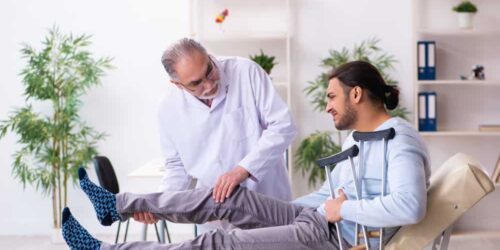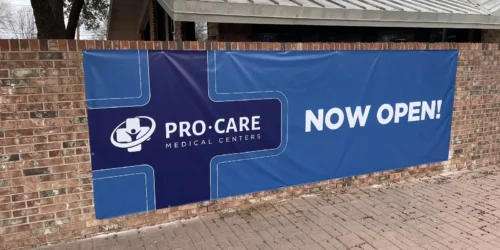You never think a car accident will happen to you until it actually does. You may drive past car accidents every day on your way to work or the grocery store. From minor fender benders to multiple cars involved in rear-end collisions, hundreds of car wrecks happen every day. In fact, over a million car accidents happen every year just in the United States. Thankfully, many car accidents do not result in severe injury or death. However, your chance of getting in a car accident is high for a wide range of reasons. If you ever get into a car accident, then visit a Cedar Park chiropractor as soon as possible to get a full physical examination and make sure you won’t suffer any lasting injuries from a wreck.
Risk Factors for Getting in a Car Accident
There are several risk factors that can increase your chance of getting in a car accident. Here are some of the reasons why people get into car accidents each and every day:
Distracted Driving
The most common reason why people get into car accidents is being distracted. Distracted driving includes anything that prevents you from fully keeping your eyes on the road. Checking your phone, fiddling with the radio, and snacking while driving can all distract you from the job at hand.
Speeding
Going above the speed limit is another main reason why people get into car accidents. The faster your vehicle is going, the slower your reaction time will be. Speed limits are set for a reason, and it is important to keep an eye on the cars around you to help you stay safe on the road.
Drunk Driving
Drunk driving is not only one of the leading causes of car accidents in the United States, but it can also significantly increase your chances of dying in a car crash. Driving while under the influence of alcohol or drugs will negatively affect your ability to react safely and intelligently to the rules of the road.
Bad Weather
Driving during bad weather can also put you at a higher risk of getting into a car accident. Heavy downpours of rain can cause drivers to slow and be more cautious, but other drivers may continue to speed and make the roads more dangerous. Water can also pool on the road and make driving conditions unsafe.
Nighttime Driving
Driving at night can also increase your chances of getting into a car accident. Nighttime driving is more dangerous because your visibility is reduced, which can make it more difficult to spot any hazards on the road.
Ignoring Driving Signs
Ignoring the rules of the road, including driving signs and stop lights, can increase your risk of dying in a car accident. Disobeying traffic lights and road signs puts you and other drivers on the road at risk for a car accident and serious injury.
Ways a Car Accident Can Affect You
Here’s how a car accident can affect you and what you should do after you’ve been in an accident:
Stress & Trauma
In the immediate aftermath of a car accident, you may experience a combination of shock and stress. Your body may start releasing adrenaline, which helps initiate your fight or flight response and increases your energy levels so you can stay safe. This natural response helps with self-preservation but can also mask symptoms of a more serious injury, which is why it is important to see a doctor even if you don’t notice pain or other symptoms right away.
Common Injuries
Whiplash, headaches, back pain, and neck pain after a car accident are some common injuries. Sprains, strains, and broken bones can also occur during a car wreck. The force of impact can put significant pressure on your musculoskeletal system and require care from a car accident doctor near you.
Recovery Period
Visit a car accident injury chiropractor after you’ve been in a wreck to learn about your treatment options and recovery process. It can take hours and even days for all of your symptoms to appear, and the sooner you get started on treating your injuries, the better your chances for a full recovery.
Visit your Cedar Park chiropractor at ProCare Medical Center as soon as possible if you’ve been in a car accident and receive quality, comprehensive treatment and care.



